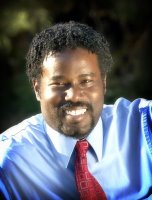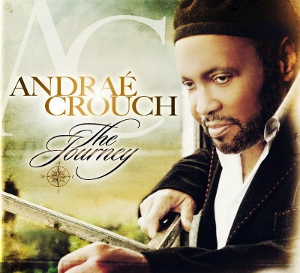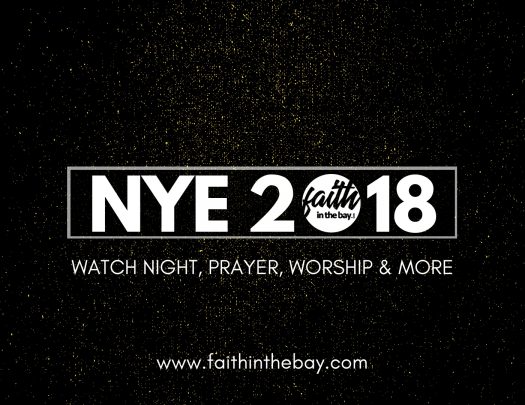 The role of faith communities in the dialog for a new campaign for marriage equality in California.
The role of faith communities in the dialog for a new campaign for marriage equality in California.
By now most people have heard how the blame game was played after the passage of Prop 8 in California. Scapegoats included people of color, campaign organizers, communities of faith, even Hollywood (who is seen as being kind to queer folk) because they could have helped bankroll the campaign more than they already did. There were groups of angry people who took matters a step further and decided to vandalize places of worship, such as Catholic Churches and Mormon Temples as these two communities were targeted as the main financial supporters of the “Yes on 8” campaign.
As an organizer working with faith communities, one of my goals during the No on 8 campaign was not only to move “church going” folk in their voting for marriage equality, I also found that I had an equally challenging task of moving marriage equality activists away from an aversion or fear of faith communities in order to encourage them to use tactics and language that would speak to congregations. The common thread between the “Yes on 8” and “No on 8” campaigns was fear – fear to listen to lesbian and gay voices as they shared their stories of the value of their relationships, families and their faith. From a faith perspective, I found that with conservative congregations, my work included addressing their fear that same-sex marriage destroys families and challenging the misconception it is wacky, fringe, or blasphemous to open their doors and welcome LGBTQI individuals. On the activists’ side, the task was to address that queer people who attend religious services are not naïve in their faith by clinging to a God that has no love for them or doesn’t exist.
Many would agree that religion is the root reason why there is so much homo- and transphobia in our society, why we have such suppressed views about sexuality in general, and why lesbians and gays deal with internalized homophobia. Post election polling data confirmed what many of us already knew that people who voted for Prop 8 (and against marriage equality) did so largely based on their religious convictions. Religious conviction is also the reason President Obama states why he is opposed to same-sex marriage, but in favor of domestic partnerships. No doubt, addressing religious arguments will be important and need to be taken into account as we move forward in the new and next phase of campaigning for marriage equality.
As much as we hate to admit it, the separation between church and state is not a reality in the minds of many Americans and religious convictions DO dictate public policy. While I support the right of anyone to their own theological beliefs, such as our President, I stand against any theology that is oppressive and not life-giving (i.e. murdering physicians who perform late term abortions). While I understand the argument that says “All theology and religion has been oppressive”, I disagree with it. Many of us are familiar with people who say they are spiritual, but not religious. We understand them to mean that they acknowledge a higher power in their lives, but do not subscribe to religious institutions that are exclusive and oppressive of human beings. This, in and of itself, is a theology and when put into practice can be considered “religion”. All of this is to say that there are religious convictions that can be positive and life-giving.
The day following the California Supreme Court’s decision to uphold Proposition 8, I was watching Larry King Live who pitted a legal activist who was for marriage equality against a former pro-football player who is now a pastor of a conservative congregation in Southern California. While the legal activist was incredibly knowledgeable, she spoke a different language than this pastor. Legal and activist arguments do not always mesh well with theological ones. In public discourses, why don’t we pair up legal minds with legal minds and theologians with other theologians? There are theologians who have dedicated their lives to the study ancient texts as they pertain to LGBT people in order to understand the culture and context in which these words were written. These men and women teach in theological institutions and lead congregations as they encourage students and parishioners to seek live-giving ways to become more inclusive and less exclusive.
As strategies are being formulated about the when’s and how’s of the next campaign to “change hearts and minds” about marriage equality, let us consider inviting and listening to these progressive scholars and religious practitioners who have experience dismantling these religious arguments made by religious conservatives. One way of addressing their arguments is by addressing their fear. In many fundamentalist congregations, it is a belief if they support the “liberal ideology” of gay marriage they will go to Hell. Yet, these same people fail to see they condemn LGBT people to a Hell when they shun, bash, or shame them. Is this what they mean by “preaching the Good News?” It is time to dismantle the hypocrisy of theology that masquerades as life-giving, but is actually a bitter pill that produces death. Hopefully as we move forward we will not be motivated by fear, but by faith that the real Good News is creating a society where separate is not equal and people are free to live with authenticity and peace with the person they love because they have all the rights and legal protections that a constitution provides. People say that I am a dreamer, but I’m not the only one.




No Comments